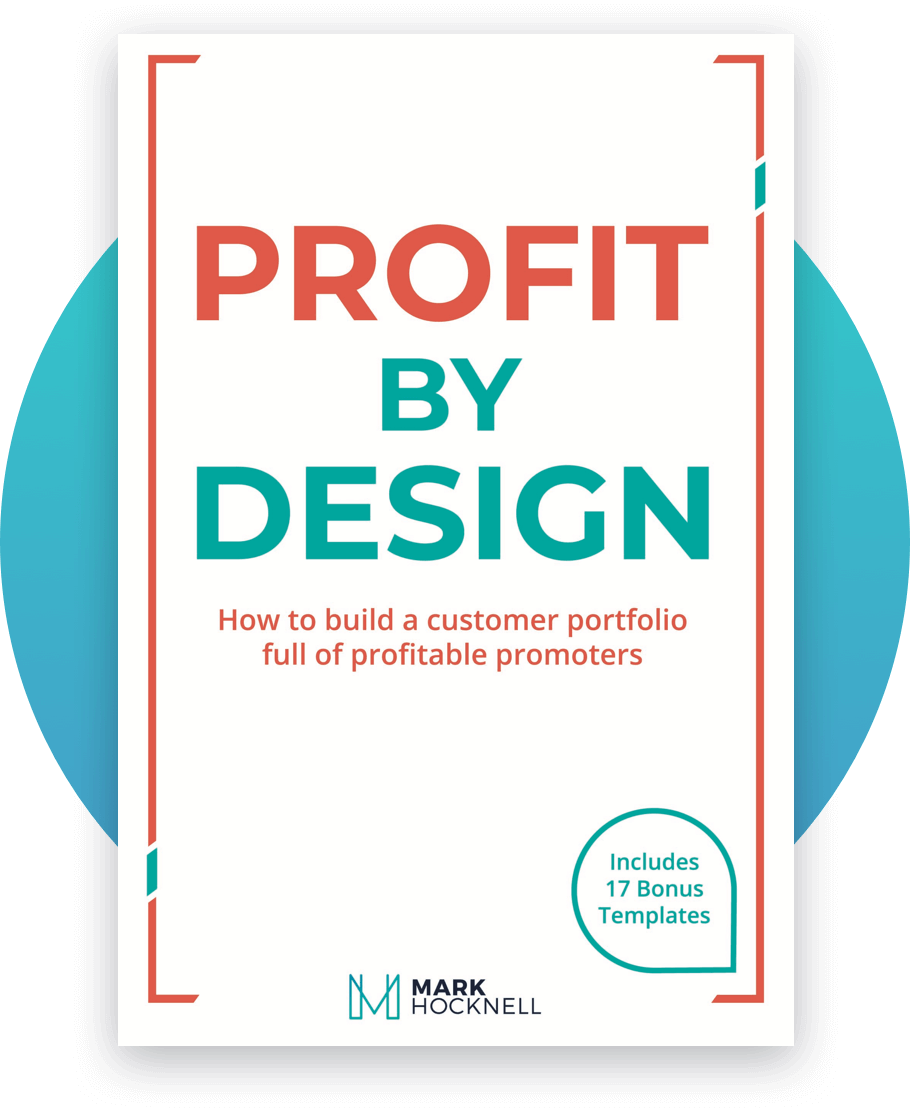Insights from Steve Baxter, investor, entrepreneur and Shark Tank personality on startups and entrepreneurship. Sales and investors may be good, but your best investors are your early customers.
Recently I had the pleasure (with 100 others) to have a “Fireside Chat” with Queensland entrepreneur and investor Steve Baxter (and channel 10’s Shark Tank). Speaking at River City Labs at an event organised by Jack Ferguson (from Be The Push), Steve answered lots of questions and discussed all things about start-ups, investing in businesses and pitching for investors. Here are a few takeaways I took from the discussion.
Investment.
Many of the questions and discussion focused on pitching to investors and start-up investment. Steve described investment as the ‘fuel that fires-up’ the business, once there are customers and the model is proven then investment gives it the kick start and scale it needs. And, apparently there are far more investment dollars available than opportunities, linking to “deal flow” below.
This leads on to a key point made – the ‘best source of investment comes from your customers’. The more customers that have bought-in to the business is proof that what you have works. Investors will then come to you, and you will get better terms. Instead of focusing on the product and pitching for investment, we should be focusing on customer engagement. The more customers we can attract and keep ensures we have investment in the business from customers. Additionally, with these customers we can iteratively improve our offering, our understanding of customer-value and communication of the value proposition. Which in turn will increase advocacy and the profitability of the business. This positions you then – if you then need investors to ‘fire up the business’ – to attract good business partners and investors, with you determining some of the terms.
Deal Flow.
One of the key challenges for the Australian entrepreneurial community, says Steve, is deal-flow: the lack of new ideas and new businesses starting up. As an investor he says the idea is to try many things, drop what does not work and leverage what does. There are many things affecting the flow of deals for investors (start-ups and new businesses) and one of them is cultural, our collective perception of entrepreneurs that make it big (Skase, Bond, Palmer, etc), and we tend to be ‘knockers’ of these people. We need to change the negative dialogue about being an entrepreneur. Who, among the well educated next generation of entrepreneurs, is going to be the Australian Elon Musk..?
Complacent.
Generally in Australia, we are complacent. We have a good economy; a sizable wealthy middle-income segment that spend and invest. This all sounds good, and does drive a lot of wealth and success in small to medium sized business. However, it seems we tend to think that is good enough. We have good offerings but rarely think of the global market opportunities, we think domestically. An example Steve shared was the number of start-ups per population – compared to many continental countries, and the example Steve used was Israel (around 8 million people but more than 7,000 startups, thinking globally), the rate of start-ups in Australia is much lower. Whereas, if we have a good economy you would tend to think that we should have more start-ups right..?
Just a few reflections of a great discussion that evening.
However for me it always comes back to what I think is a preoccupation with what we do. The product, the service, the technology, the new app – rather than who we are doing it for. Customers are our best investors. They are the best feedback we can get on the value of our offering.
If you are interested in entrepreneurship or startups, have a look at the articles:
The Three Things Entrepreneurs Need to Know



